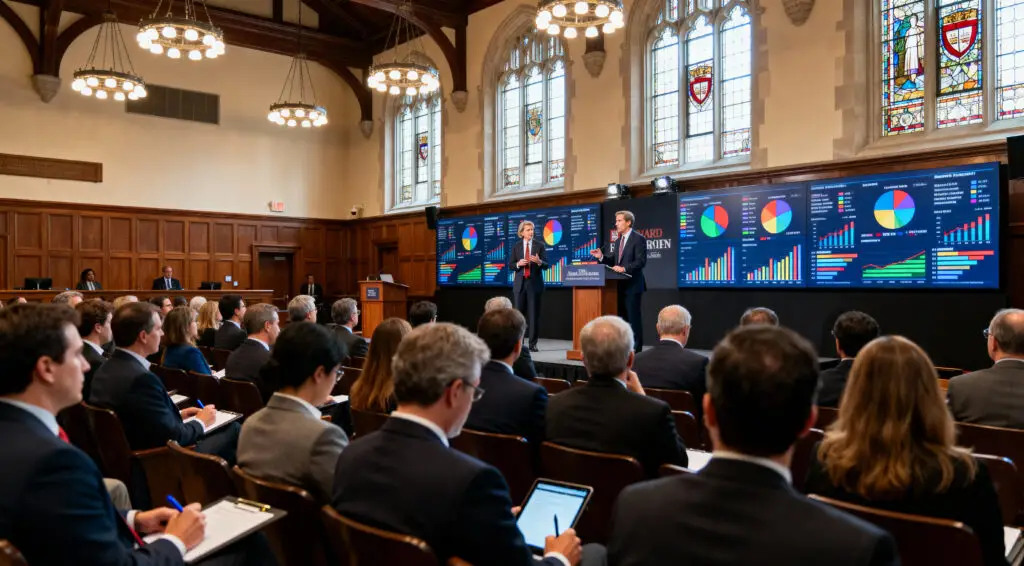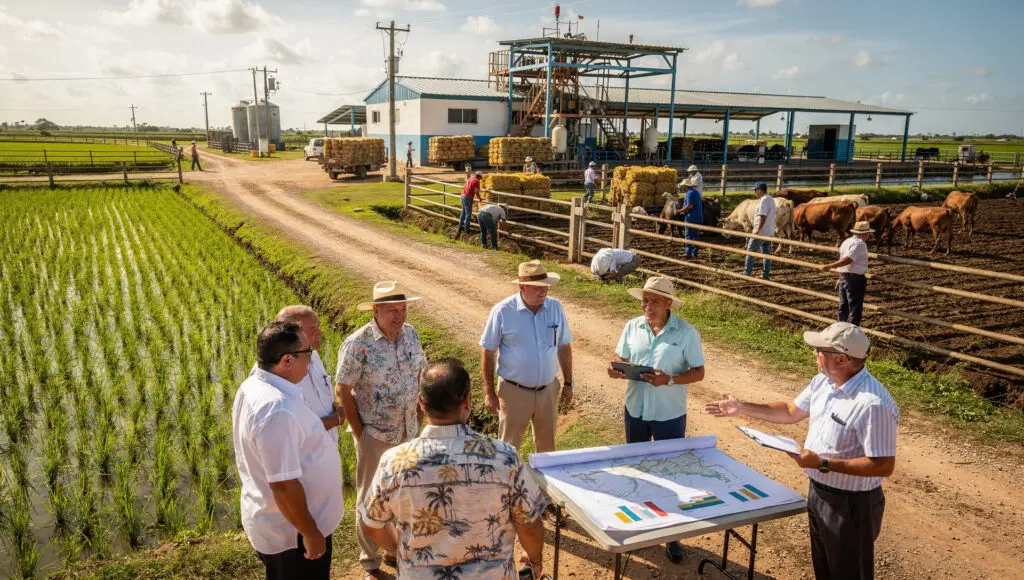Experts Emphasize Data Over Instinct
Political Analytics 2025 brought together leading experts to examine how data analytics increasingly shape modern campaign strategies. The conference underscored the growing gap between analytical precision and gut-driven decision-making.
Speakers argued that intuition alone no longer suffices in competitive political landscapes. Data-backed insights now define winning campaigns, enabling more accurate voter targeting and strategic messaging.

Thom Tillis Shares Polling Success Story
North Carolina Senator Thom Tillis highlighted how data transformed his political career during a pivotal 2006 primary race. By leveraging targeted polling, he identified vulnerabilities in an incumbent opponent once considered unbeatable.
This analytical approach flipped the race’s momentum, resulting in a decisive two-to-one victory margin. Tillis credited polling data for turning strategic uncertainty into measurable opportunity.
Harvard Hosts Influential Gathering
Harvard University served as the venue for this influential political analytics gathering, drawing pollsters, strategists, and academics. Hosted by Professor Ryan D. Enos, the event explored voter trends, behavioral research, and forecasting innovations.
Enos emphasized that politics deserves the same analytical rigor applied to industries like medicine or finance. His opening remarks framed data as essential for navigating complex modern electorates.
Panels Explore Key Political Trends
Panels examined challenges in today’s political environment, including declining institutional trust and fragmented information ecosystems. Experts discussed how these shifts complicate traditional polling accuracy and strategic planning.
Discussions also addressed the role of prediction markets and artificial intelligence in improving voter outreach. These emerging tools offer promising pathways for more precise electoral forecasting.
Gender And Demographic Shifts Under Review
Panelists analyzed changing demographic dynamics, particularly among Hispanic voters and Gen Z populations. Analysts highlighted how race, gender, and age increasingly influence political realignments and voting patterns across the United States.
Rachel Janfaza introduced the concept of “two Gen Zs,” divided by pandemic-era educational disruptions. Understanding these evolving demographics is critical for parties seeking to build durable voter coalitions.
Data Science Enhances Polling Accuracy
CNN analyst Harry Enten highlighted improvements in polling accuracy despite recent high-profile misses. He noted that recent elections were decided by narrow margins, making precise analytics even more critical.
Experts debated how AI and hybrid methodologies might improve engagement with difficult-to-reach voter segments. These innovations aim to rebuild public trust while enhancing predictive reliability.
Analytics Shape Future Electoral Strategies
The conference concluded with a consensus that analytics will continue to dominate modern electoral strategies. Gut instincts may inspire, but data guides winning campaigns toward measurable success.
Political organizations embracing advanced analytics are better positioned to navigate uncertainty and capitalize on emerging voter trends. The event cemented data’s role as the foundation of future political competition.























